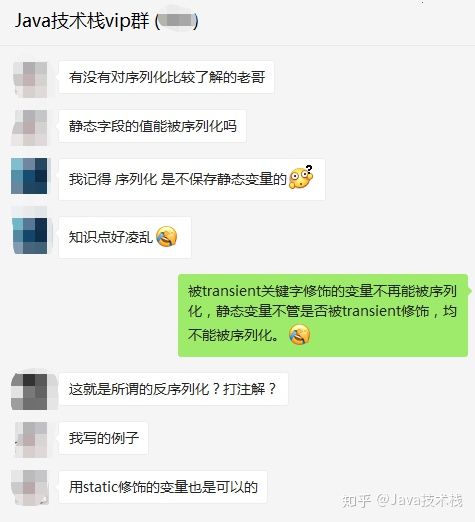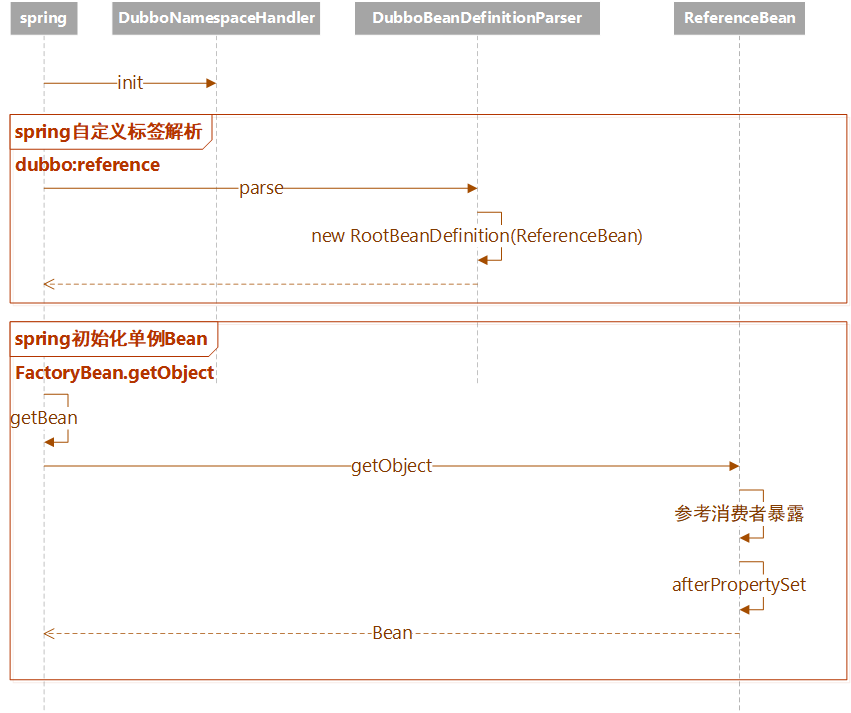【LeetCode】373. Find K Pairs with Smallest Sums
373. Find K Pairs with Smallest Sums
You are given two integer arrays nums1 and nums2 sorted in ascending order and an integer k.
Define a pair (u,v) which consists of one element from the first array and one element from the second array.
Find the k pairs (u1,v1),(u2,v2) …(uk,vk) with the smallest sums.
Example 1:
Given nums1 = [1,7,11], nums2 = [2,4,6], k = 3Return: [1,2],[1,4],[1,6]The first 3 pairs are returned from the sequence:[1,2],[1,4],[1,6],[7,2],[7,4],[11,2],[7,6],[11,4],[11,6]
Example 2:
Given nums1 = [1,1,2], nums2 = [1,2,3], k = 2Return: [1,1],[1,1]The first 2 pairs are returned from the sequence:[1,1],[1,1],[1,2],[2,1],[1,2],[2,2],[1,3],[1,3],[2,3]
Example 3:
Given nums1 = [1,2], nums2 = [3], k = 3Return: [1,3],[2,3]All possible pairs are returned from the sequence:[1,3],[2,3]
解析:
从两个排序数组中分别各取出一个数组成一对序列,题目的要求是取出组成序列和最小的前K个序列(u1+v1)最小的。
这道题可以用两种解法:
暴力法(hash+list)
采用hashMap的key存储(u1+v1),value使用一个List来存放序列。这里必须使用List,因为可能存在相同key,这样会将原始的序列给覆盖,所以遇见相同的key我们使用List来链接到后面。然后遍历map,针对每个key的list进行遍历,直至取出的元素大小为k结束。
最小堆
利用最小堆的特性,顶端的元素最小,我们可以构建一个最小堆,最小堆我们存放两个数组的index索引,在构建的过程中,我们就可以吧索引存好,这样我们直接遍历前k个元素,通过所用来获取原数组的值即可。
我们还可以边构建,边取值,题目中的数组是从小到大排序的,这里给了个提示
num1[0]+num2[0]的值一定是最小的,所以我们先将这个值扔进堆中,然后开始遍历下一个元素,下一个值一定是从num1[1]+num2[0]和num1[0]+num2[1]之中取出最小的那个,依次循环,直至取出的元素为K。
代码:
暴力:
class Solution {public List<int[]> kSmallestPairs(int[] nums1, int[] nums2, int k) {Map<Integer, List<int[]>> map = new TreeMap<>(Integer::compareTo);for (int num1 : nums1) {for (int num2 : nums2) {if (map.containsKey(num1 + num2)) {map.get(num1 + num2).add(new int[]{ num1, num2});} else {List list = new ArrayList<>();list.add(new int[]{ num1, num2});map.put(num1 + num2, list);}}}List<int[]> ret = new ArrayList<>();for (Map.Entry<Integer, List<int[]>> entry : map.entrySet()) {List<int[]> list = entry.getValue();if (k >= list.size()) {ret.addAll(list);k -= list.size();} else if (k > 0) {ret.addAll(list.stream().limit(k).collect(Collectors.toList()));k = 0;}}return ret;}}
最小堆:
public static List<int[]> kSmallestPairs(int[] nums1, int[] nums2, int k) {List<int[]> ret = new ArrayList<>();if(nums1.length == 0 || nums2.length == 0){return ret;}boolean visit[][] = new boolean[nums1.length][nums2.length];PriorityQueue<int[]> queue = new PriorityQueue<>(new Comparator<int[]>() {@Overridepublic int compare(int[] o1, int[] o2) {return nums1[o1[0]] + nums2[o1[1]] - nums1[o2[0]] - nums2[o2[1]];}});queue.add(new int[]{ 0, 0});visit[0][0] = true;while (!queue.isEmpty() && ret.size() < Math.min(k, nums1.length * nums2.length)) {final int[] index = queue.poll();ret.add(new int[]{ nums1[index[0]], nums2[index[1]]});if (index[0] + 1 < nums1.length && !visit[index[0] + 1][index[1]]) {visit[index[0] + 1][index[1]] = true;queue.add(new int[]{ index[0] + 1, index[1]});}if (index[1] + 1 < nums2.length && !visit[index[0]][index[1] + 1]) {visit[index[0]][index[1] + 1] = true;queue.add(new int[]{ index[0], index[1] + 1});}}return ret;}



































还没有评论,来说两句吧...